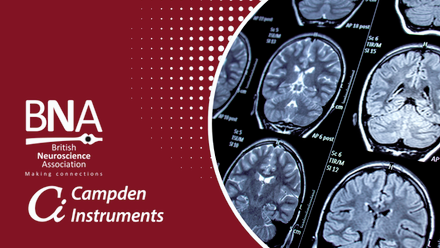A diverse range of model organisms and systems have played a vital role in illuminating fundamental aspects of neuroscience, elucidating disease mechanisms and in drug discovery for neurological disorders. Neuroscience researchers often have a deep affinity for the model system they primarily use, but as technologies continue to evolve and new techniques emerge, we need to ask ourselves:
Are we always using the best model system to answer our scientific question?
Are we missing valuable opportunities in to adapt our preferred models or incorporate novel approaches that are used in other model systems?
Can we break down our “model system” silos to accelerate the impact of our research?
With these questions in mind, this training session will be presented by experts with experience across a wide range of different model organisms and systems used in neuroscience research. They will highlight areas of value for each model, recent research advances made using the models and some of the challenges.
Attendees of the session will gain new insight into the value that a range of model systems can bring to your own research, as well as insight into the practicalities of using the different models. It will also provide an opportunity for you to ask questions to researchers who have a breadth of experience of using these models. Open research questions and areas for exploration by the neuroscience leaders of tomorrow will also be discussed.
All attendees will receive a certificate of attendance.














